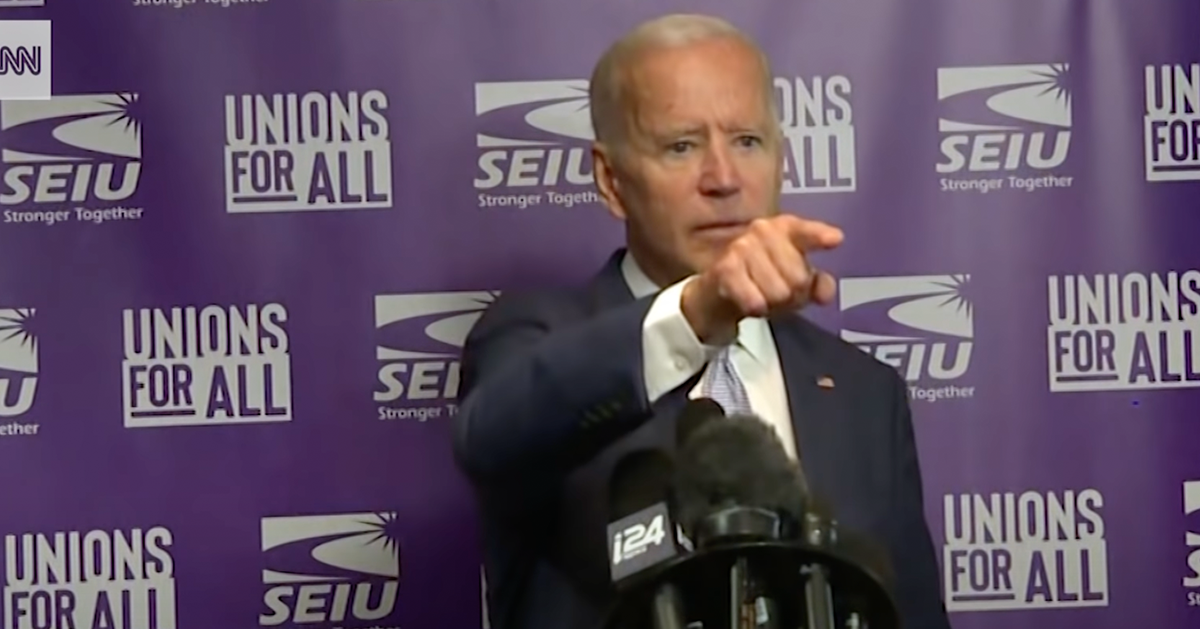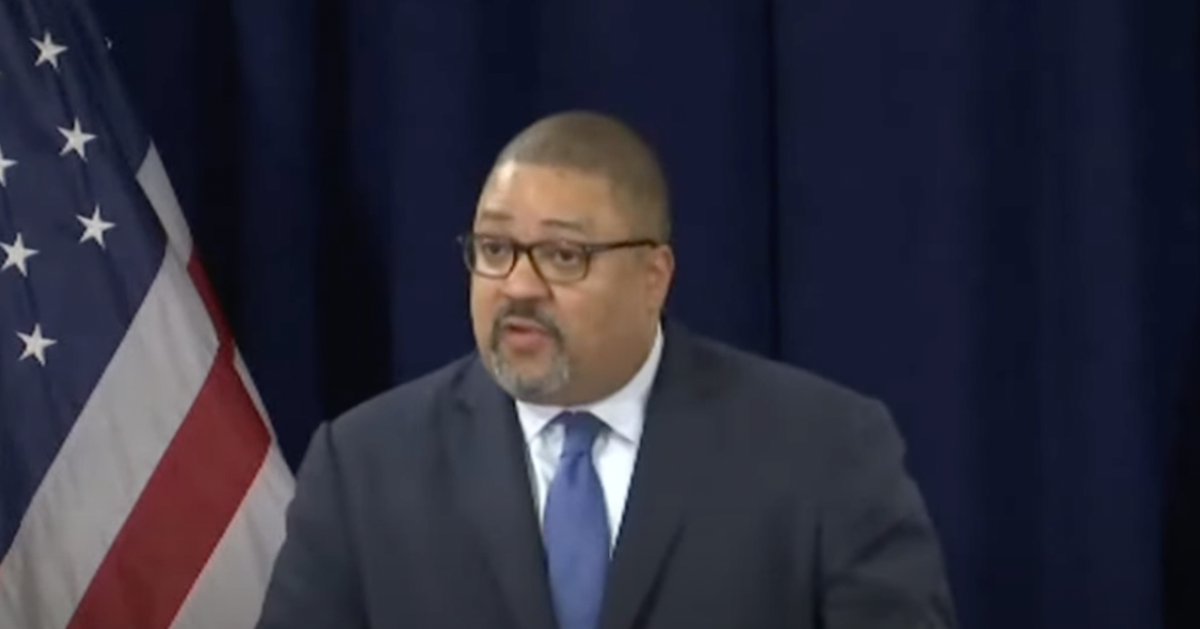Alabama Supreme Court rules that destroyed embryos are wrongful deaths
The Alabama Supreme Court has recently declared that the destruction of frozen embryos can be seen as wrongful deaths, a decision that has enraged liberals everywhere.
In a groundbreaking decision, the state's high court ruled that frozen embryos, such as those preserved during fertility treatments, may be recognized as children under the state's laws.
This decision emerged from cases in which couples sued over the destruction of their frozen embryos due to an accident at a fertility clinic, sparking a debate on the implications for reproductive healthcare, as reported by FOX News.
Understanding the legal perspective
The court, referencing anti-abortion sentiments under state law, indicated that a statute from 1872, which allows parents to sue for the wrongful death of a minor child, should also apply to "all unborn children." This includes embryos, regardless of their developmental stage or physical location, according to Justice Jay Mitchell's articulation of the majority's decision.
Mitchell further clarified that Alabama's Wrongful Death of a Minor Act, which previously covered fetuses in the event of a pregnant woman's injury, should also extend to embryos outside the womb.
This interpretation broadens the scope of what is considered a "child" under state law.
The ruling came after a distressing incident at the Mobile Infirmary Medical Center, where stored embryos were inadvertently destroyed, leading to the wrongful death lawsuits.
The couples involved had undergone IVF treatments, resulting in both live births and frozen embryos kept for future use.
A controversial decision with wide-ranging effects
Chief Justice Tom Parker supported the decision with a statement that highlighted the sanctity of life from a biblical standpoint, emphasizing the inherent value of human beings before birth. This perspective aligns with the broader anti-abortion stance reflected in recent amendments to the Alabama Constitution.
However, Justice Greg Cook presented a dissenting opinion, arguing that the 1872 law did not intend to cover frozen embryos.
He warned that this ruling could significantly impact the availability and practice of in vitro fertilization (IVF) in Alabama, suggesting it could halt the creation of frozen embryos altogether.
The decision has sparked a flurry of reactions, with many expressing concerns over its implications for reproductive rights and the future of fertility treatments in the state.
Critics argue that the ruling extends the definition of personhood to a point that could complicate not only IVF but also other aspects of reproductive healthcare and legalities surrounding them.
The broader context and potential ramifications
In 2018, Alabama voters supported an amendment to the state constitution that acknowledged the rights of unborn children, a move that was seen as symbolic at the time.
However, with the Supreme Court's recent ruling, this symbolic move has taken on a tangible legal form, potentially reshaping the landscape of reproductive rights in Alabama.
This decision aligns with a series of legislative and judicial moves aimed at restricting abortion access and redefining personhood. The implications of this ruling could extend beyond wrongful death lawsuits, potentially affecting a wide range of laws and regulations related to reproductive health.
Advocates for reproductive rights have voiced their concerns, warning that this could set a precedent for other states to follow, leading to more restrictive policies on reproductive healthcare and fertility treatments nationwide.
Conclusion
- The Alabama Supreme Court has ruled that frozen embryos can be considered children under state law, with significant implications for fertility treatments.
- This decision was influenced by anti-abortion sentiments and extends the scope of what is considered a "child" under state laws.
- Justice Greg Cook's dissent highlights concerns about the ruling's impact on IVF practices in Alabama.
- The ruling aligns with Alabama's broader anti-abortion stance, potentially setting a precedent for other states.
- This pivotal moment raises questions about the balance between protecting potential life and ensuring access to reproductive healthcare.






